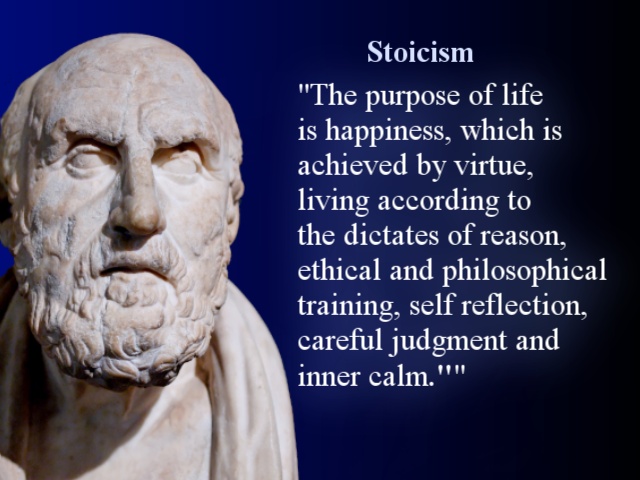


We are told she was neither offended nor ashamed by this "as most women would have been." We are also told that when Theodorus (quoting a line from The Bacchae of Euripides) said to her:

Theodoros hitting himself does not do wrong, nor does Hipparchia do wrong hitting Theodoros." He did not reply to what she said, but pulled up her garment. When she went into a symposium with Crates, she tested Theodoros the atheist by proposing a sophism like this: "That which if Theodoros did, he would not be said to do wrong, neither should Hipparchia be said to do wrong if she does it. There are some accounts of her encounters with Theodorus: The Suda says she wrote some philosophical treatises and some letters addressed to Theodorus the Atheist. Hipparchia approaches Crates carrying a box, implying that she has come to Crates as a potential bride bearing her possessions. Philosophy Roman wall painting of Hipparchia and Crates from the Villa Farnesina, Rome. My name shall be greater than Atalanta: for wisdom is better than mountain running. I, Hipparchia chose not the tasks of rich-robed woman, but the manly life of the Cynic.īrooch-clasped tunics, well-clad shoes, and perfumed headscarves pleased me not īut with wallet and fellow staff, together with coarse cloak and bed of hard ground, There is an epigram ascribed to Antipater of Sidon, as to what may have been written on her tomb: Hipparchia had at least two children, a daughter, and a son named Pasicles. Although this would have been consistent with Cynic shamelessness ( anaideia), the mere fact that Hipparchia adopted male clothes and lived on equal terms with her husband would have been enough to shock Athenian society. We are told that they lived in the stoas and porticoes of Athens, and both Sextus Empiricus and the Latin-language writer Apuleius wrote accounts of their having sex, publicly, in broad daylight. Crates called their marriage "dog-coupling" ( cynogamy). They begged Crates to dissuade her, and he stood before her, removed his clothes, and said, "Here is the bridegroom, and this is his property." Hipparchia, however, was quite happy with this she adopted the Cynic life assuming the same clothes that he wore, and appearing with him in public everywhere. Hipparchia fell in love with Crates, and developed such a passion for him, that she told her parents that if they refused to allow her to marry him, she would kill herself. Her family came to Athens, where Hipparchia's brother, Metrocles, became a pupil of the Cynic philosopher Crates of Thebes. The story of her attraction to Crates, and her rejection of conventional values, became a popular theme for later writers. Little survives of her own philosophical views, but like most Cynics, her influence lies in the example of her life, choosing a way of life which was usually considered unacceptable for respectable women of the time. She went on to live a life of Cynic poverty on the streets of Athens with her husband. She fell in love with him, and, despite the disapproval of her parents, she married him. She was born in Maroneia, but her family moved to Athens, where Hipparchia came into contact with Crates, the most famous Cynic philosopher in Greece at that time. She was the sister of Metrokles, the cynic philosopher. 325 BC) was a Cynic philosopher, and wife of Crates of Thebes.


 0 kommentar(er)
0 kommentar(er)
